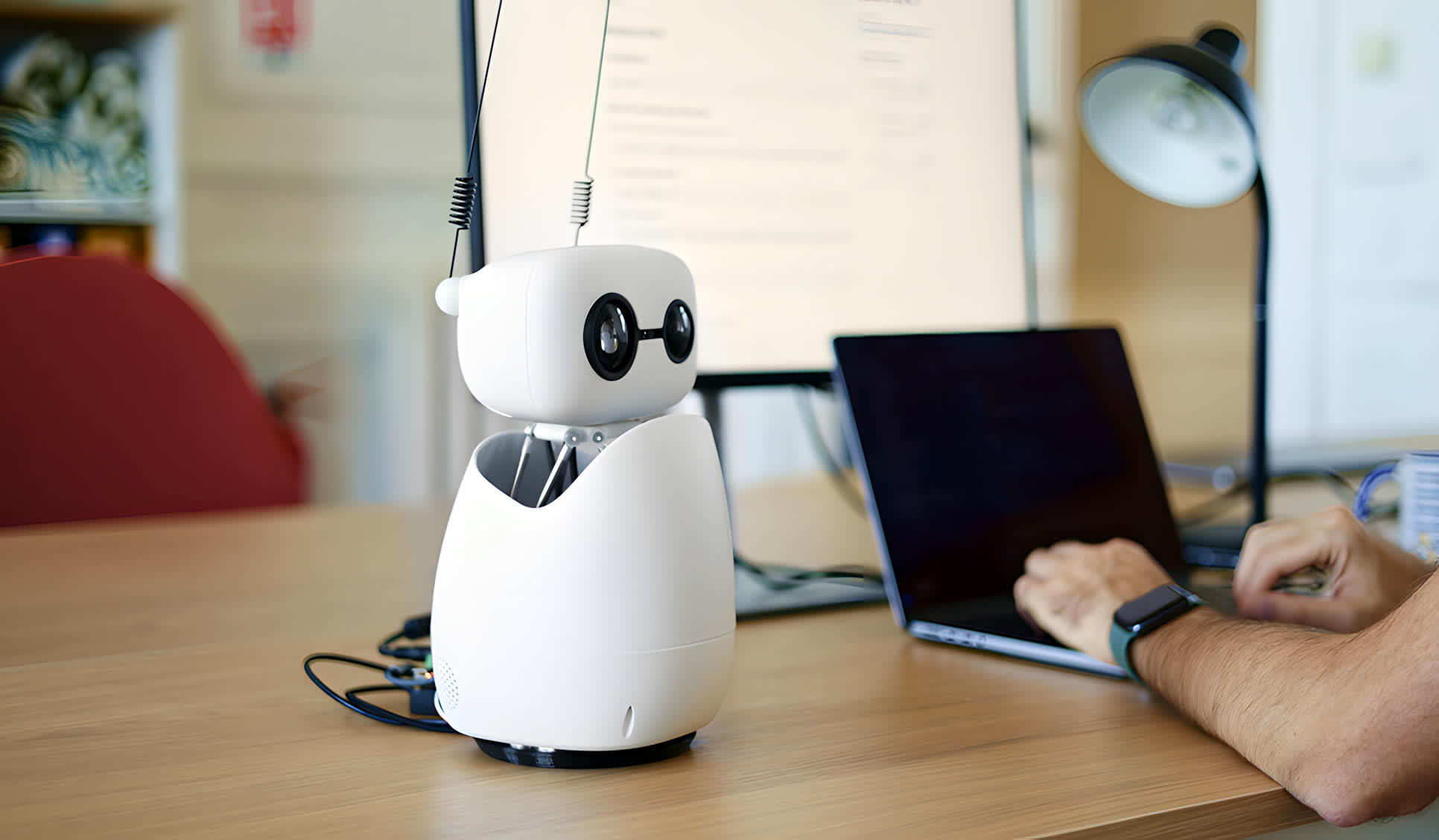TL;DR: Hugging Face has unveiled Reachy Mini, a compact and open-source robot designed to make advanced robotics and artificial intelligence more accessible to a broad audience. Starting at $299, Reachy Mini stands just 11 inches tall and is intended to sit comfortably on a desktop, offering an entry point for developers, educators, and hobbyists eager to experiment with AI-powered machines.
Unlike traditional robotics systems that often come with hefty price tags and proprietary software, Reachy Mini is fully programmable in Python, with support for JavaScript and Scratch on the horizon. The robot is available in two versions: a lite model that requires an external computer, and a wireless, fully autonomous version equipped with a Raspberry Pi 5, battery, and Wi-Fi connectivity. Both versions are sold as kits.
Reachy Mini is designed for expressive interaction, featuring a motorized head, body rotation, and animated antennas. It includes a wide-angle camera, microphones, and a speaker, enabling both audio and visual engagement.
At launch, users can access over 15 pre-installed behaviors, such as face and hand tracking or dancing, directly from the Hugging Face hub. Users can also download, share, and create new robot applications through the company's community platform.
The launch of Reachy Mini follows Hugging Face's acquisition of Pollen Robotics, a French startup known for its commitment to open-source hardware. This acquisition marked Hugging Face's most significant step into the hardware space, expanding from its roots as an AI software platform.
By releasing all hardware designs, software, and simulation environments as open source, the company aims to foster a community-driven ecosystem where developers can freely modify, enhance, and share their creations. This approach also allows users to inspect code, understand data flows, and run AI models locally, reducing reliance on cloud services and avoiding the limitations of proprietary systems.
The company's entry into hardware is not without challenges though. Manufacturing, quality control, and logistics present complexities unfamiliar to software businesses. To address this, Hugging Face is initially shipping Reachy Mini in partially assembled kits, engaging early adopters in the assembly process and gathering feedback to refine future iterations.
As the robotics market continues to evolve, Hugging Face's approach challenges established players by prioritizing openness, affordability, and community engagement. Whether or not Reachy Mini becomes a fixture on desktops (at least among developers and enthusiasts), its arrival signals a shift toward more democratized and transparent robotics.
